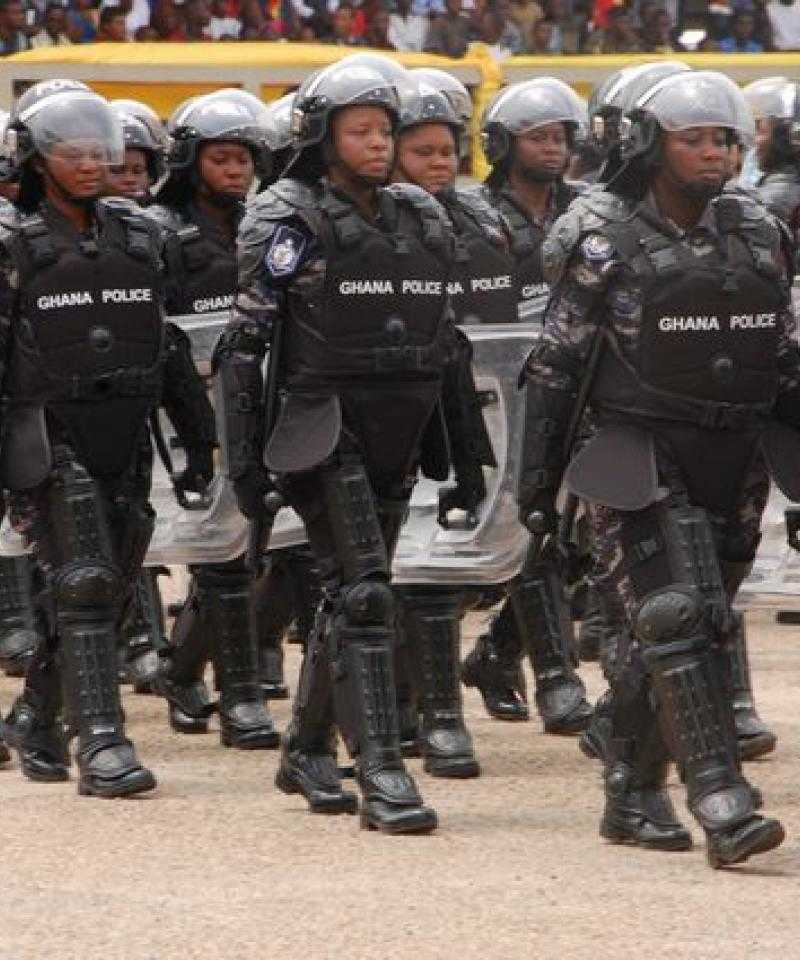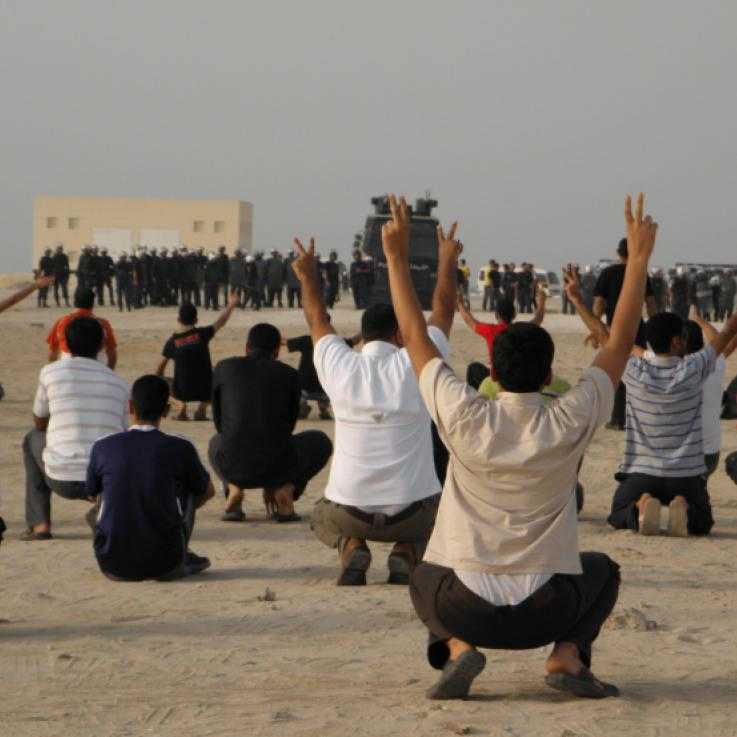Gender and sexuality

Gun Free Kitchen Tables is a campaign of feminist and civil society organisations in Israel and the Occupied Palestinian Territories working on the issue of killings carried out in the home using guns taken home by security guards.
Militarisation is deeply rooted in patriarchy. Militarised structures prize masculine values such as obedience to authority, hierarchy and control and reflect these back into society: reinforcing gender norms and roles which define “masculinity as powerful and aggressive and femininity as humble and passive” (Laska and Molander, 2012) and the gendered order “in which men exercise power over women” (Cockburn, 2010), irrespective of women’s direct participation in them.
Militarised policing plays a key role in the militarisation of society, especially where “the military’s capacity to intervene in citizens’ daily life” is restricted, making the police instrumental “in the normalisation of the ‘military ethos’ beyond the barracks” (Sapmaz, 2015). The culture of militarised masculinity is acted out in a continuum of violence that “stretches from the school playground, bedroom and back street to the battlefield, from [women’s] own bodies to the body politic” (Cockburn, 2010).
Masculinities are dependent on the denigration of femininities (Enloe, 2016) which has a prejudicial effect on women, those with non-binary gender identities and / or queer sexualities. Women are devalued and transgressions from the heterosexist norm are punished.
Militarisation enforces social conformity and increases acceptance of the “repression of dissidents and persons who don’t follow the social norms” of which “LGBT people… are among the first in danger of suffering violence and abuse” (Laska and Molander, 2012). Trans and gender non-conforming people are “far more likely to experience police violence than others” (Tabassi and Dey, 2016).
War Resisters’ affiliate Gays and Lesbians of Zimbabwe (GALZ) was raided by police in 2012 who detained all forty-four members present and subjected them to beating and abuse while in detention before releasing them the next day without charge. They had prepared a report on Zimbabwe’s violations against lesbians, gays and transsexuals. The ruling party links sympathy for LGBTI people to the opposition giving young people who have undergone military training and as such are “appendages of the ruling party [,] trained to unleash terror on anyone with dissenting opinions… carte blanche to attack LGBTI people as an act of patriotism” (Rutendo Tanhira, 2012).
Conversely, the police often attempt to use queer cultural events such as Pride to ‘pinkwash’ their image, as do the military, “marketing themselves as human rights promoters” through their participation (Laska and Molander, 2012).
Gendered experiences of police militarisation can be found in the sexual harassment of Palestinian women passing through Israeli checkpoints, the endemic sexual assault reported by women arrested as part of Mexico’s ‘war on drugs’ and the expectation of rape by the police on the part of South African women regardless of whether they are being arrested or themselves reporting a crime, especially if they are black: racism and misogyny are often intimately interconnected.
The primary function of police militarisation is to uphold the power of capitalist and imperialist interests and this has a gendered dimension being lived out through the bodies of women in Tanzania, Uganda and Zimbabwe assaulted and harassed by the militarised security forces detailed to protect the installations of the extractive industries and the Palestinian women forced to give birth at Israeli checkpoints after being delayed while travelling to hospital: between 2000 and 2007, sixty-nine babies were born at checkpoints of which thirty-five babies and five mothers died.
On a mundane level, daily lives are affected by these internal militarised borders which make “the simple daily tasks necessary for survival increasingly difficult and burdensome” and mean that “Palestinian men who work within Israel proper are forced to spend much time on the roads [during which time] the women are left to take care of the home and children” (Coalition of Women for Peace and Who Profits Research Center, 2016).

